120 mg Magnesium Glycinate SupplementBest Seller
Chelated magnesium glycinate (also known as magnesium bis-glycinate) is well absorbed without significant laxative effects.
Subscribe and Save!
$23.73FREE SHIPPING ON 2+ BOTTLES
One-time Purchase
$24.98In stock
Magnesium Glycinate
|
||
|---|---|---|
| Serving Size: 1 vegetarian capsule Servings Per Container: 120 |
||
| Ingredients | Daily Amount |
% Daily Value |
| Magnesium (from Magnesium Glycinate) | 120 mg | 29% |
Other ingredients: Hypromellose Capsule, magnesium stearate, silicon dioxide.
Contains 120 mg of Elemental Magnesium per vegetarian capsule.
![]()
![]()
This product is gluten-free, and non-GMO.
While we strive to ensure the label information on this site represents the label on the product available for purchase, products are updated from time to time. Please consult the label on the product you purchase for the most accurate ingredient and allergen information.
Item Number: 169
SKU: 816899000645
Formula#: CCI006 V1123

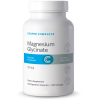
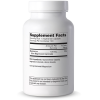





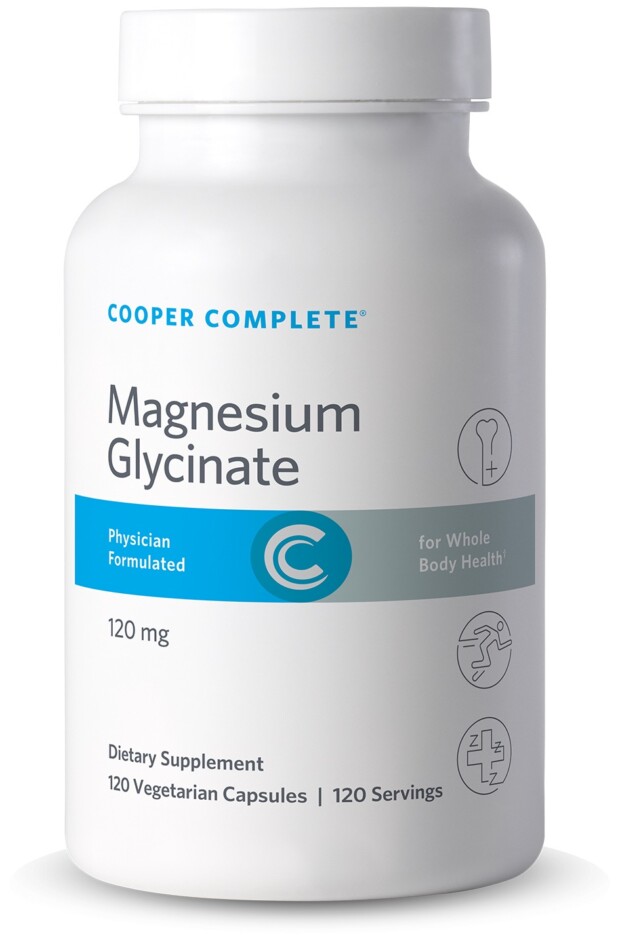









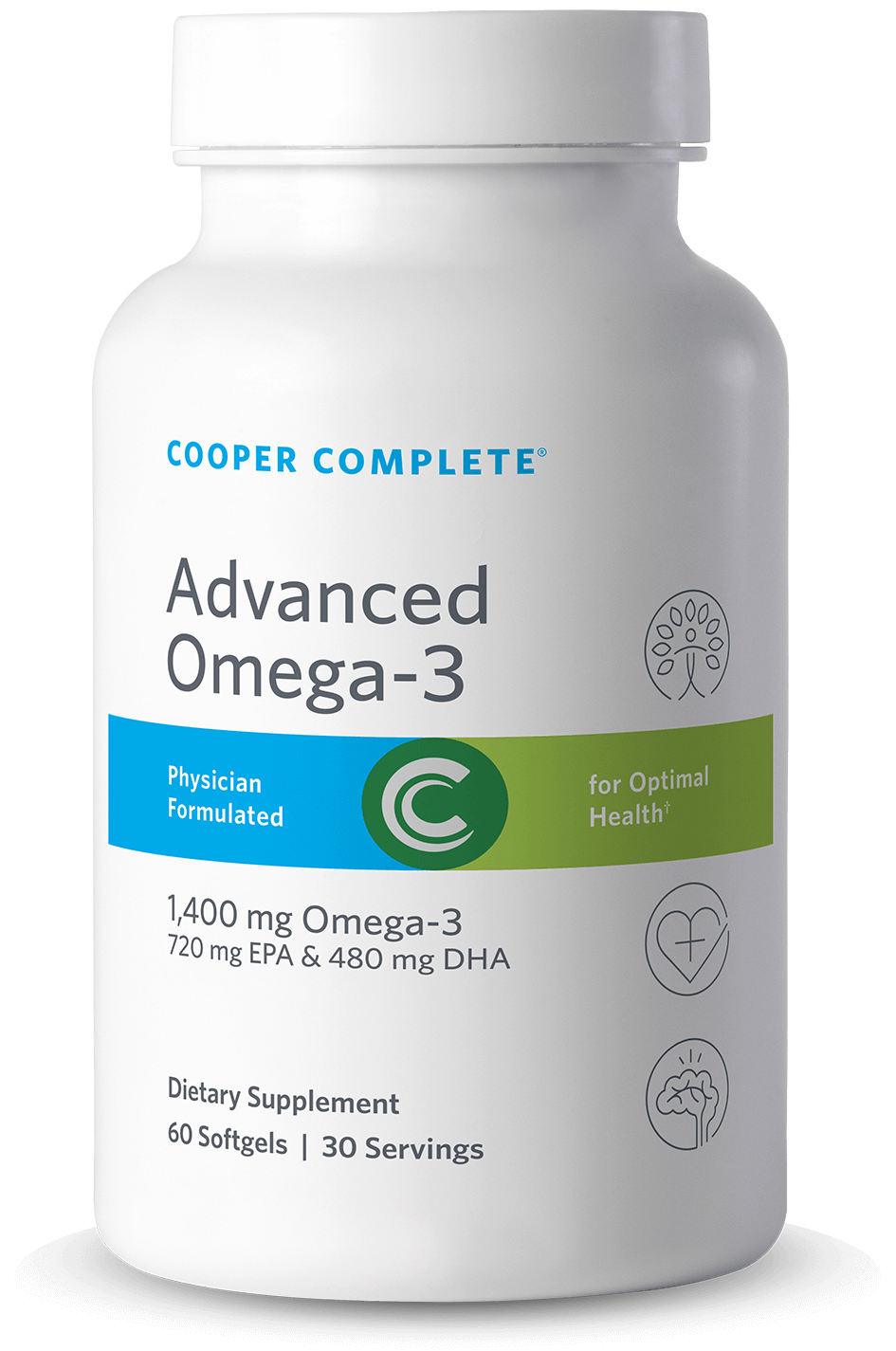
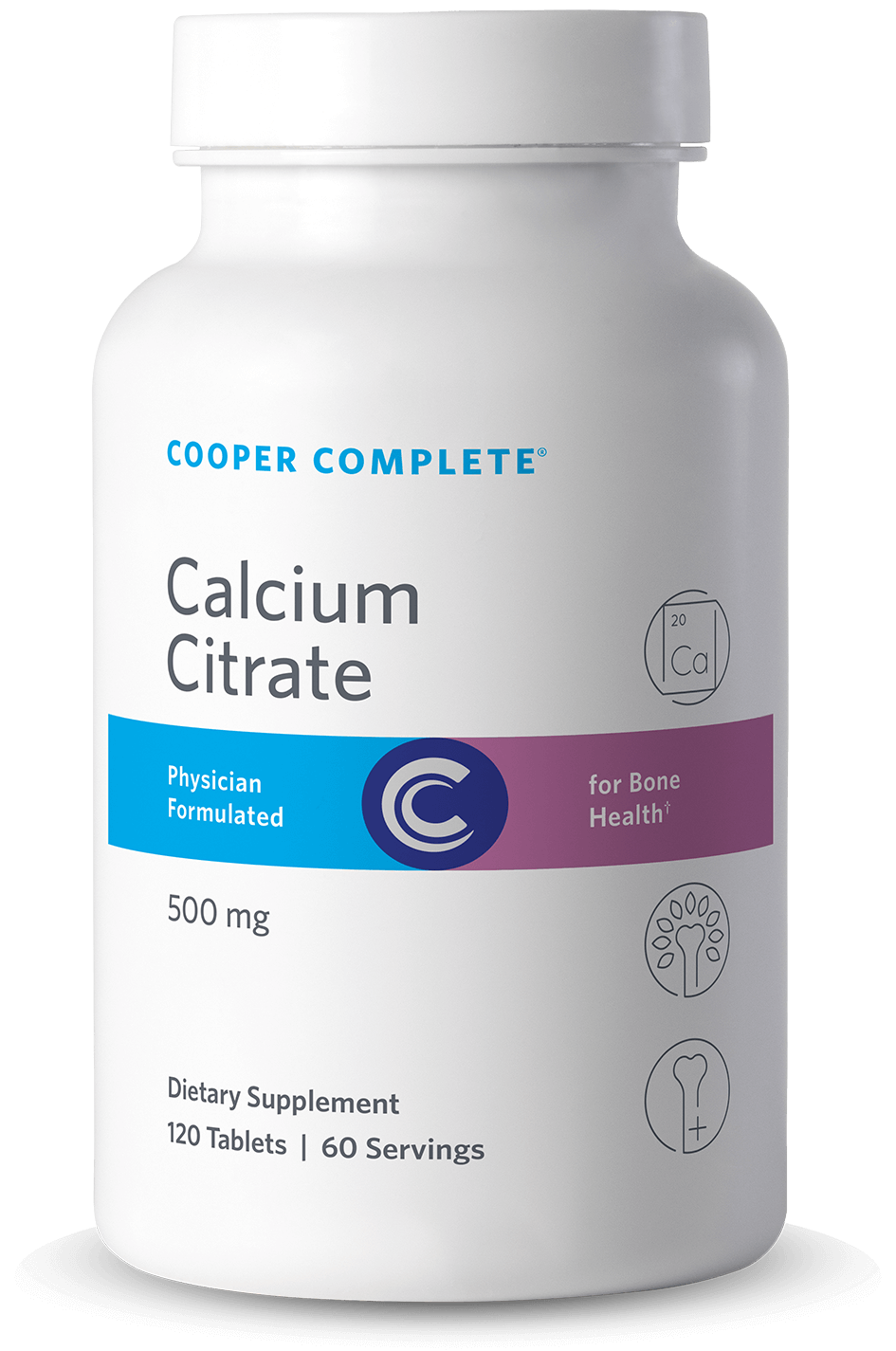
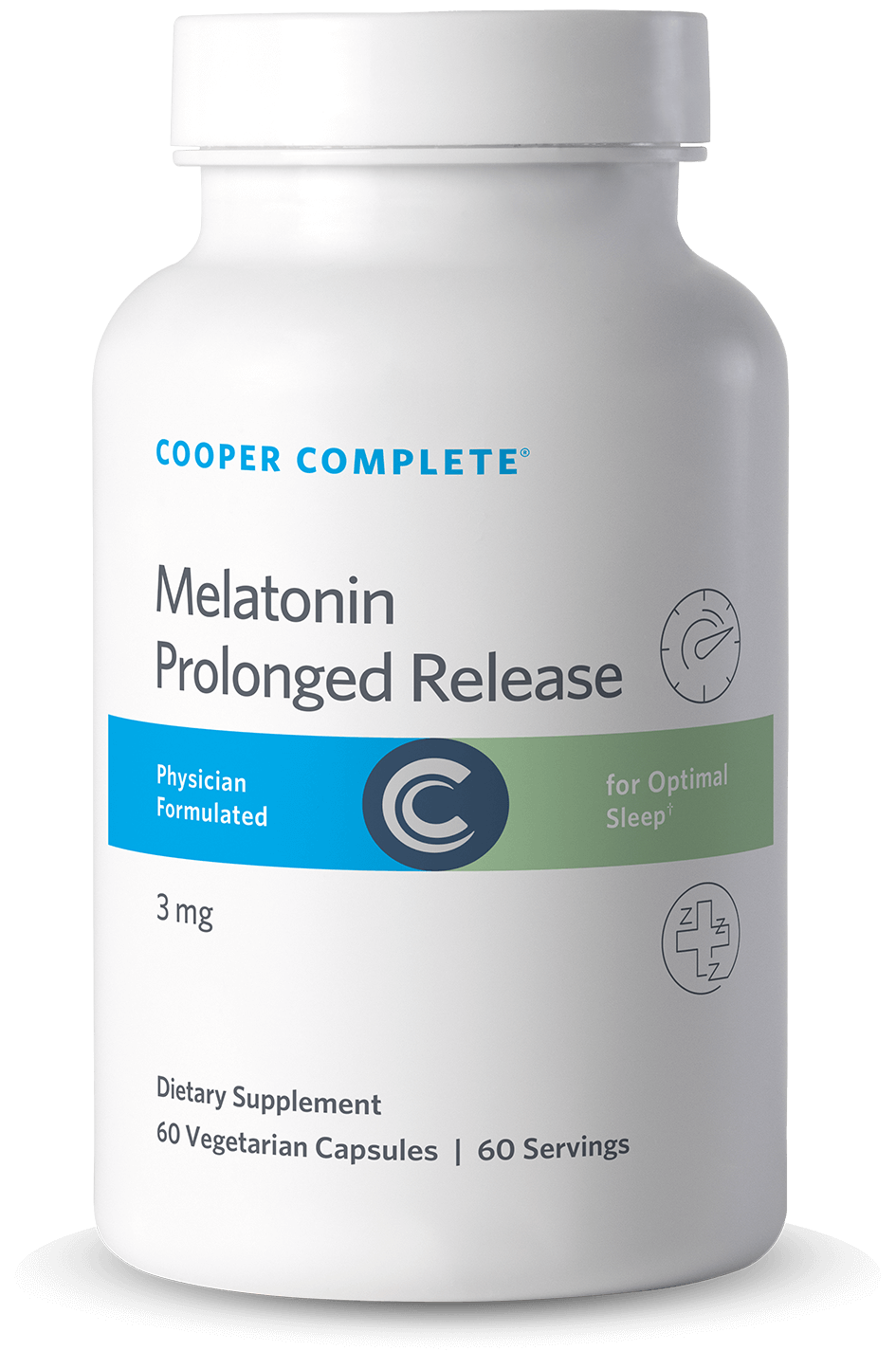
Purchased Magnesium Glycinate for my wife who was having chronic leg cramps at night. It’s been about 3 weeks and she indicates they appear to be helping.
Dan Cameron verified purchase